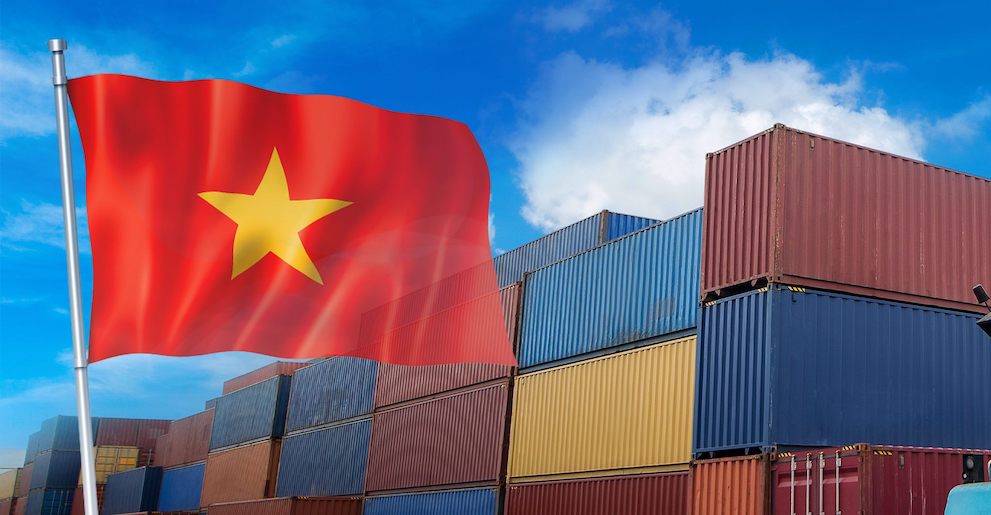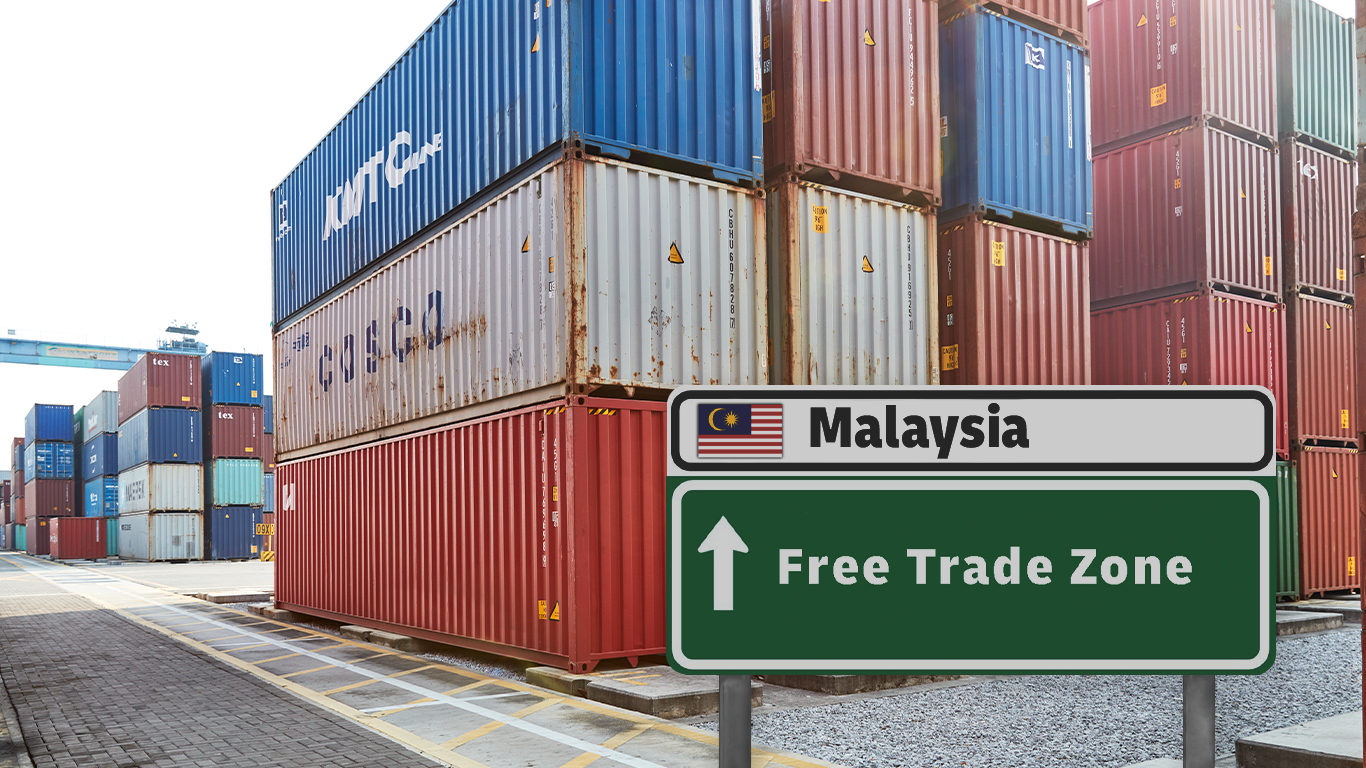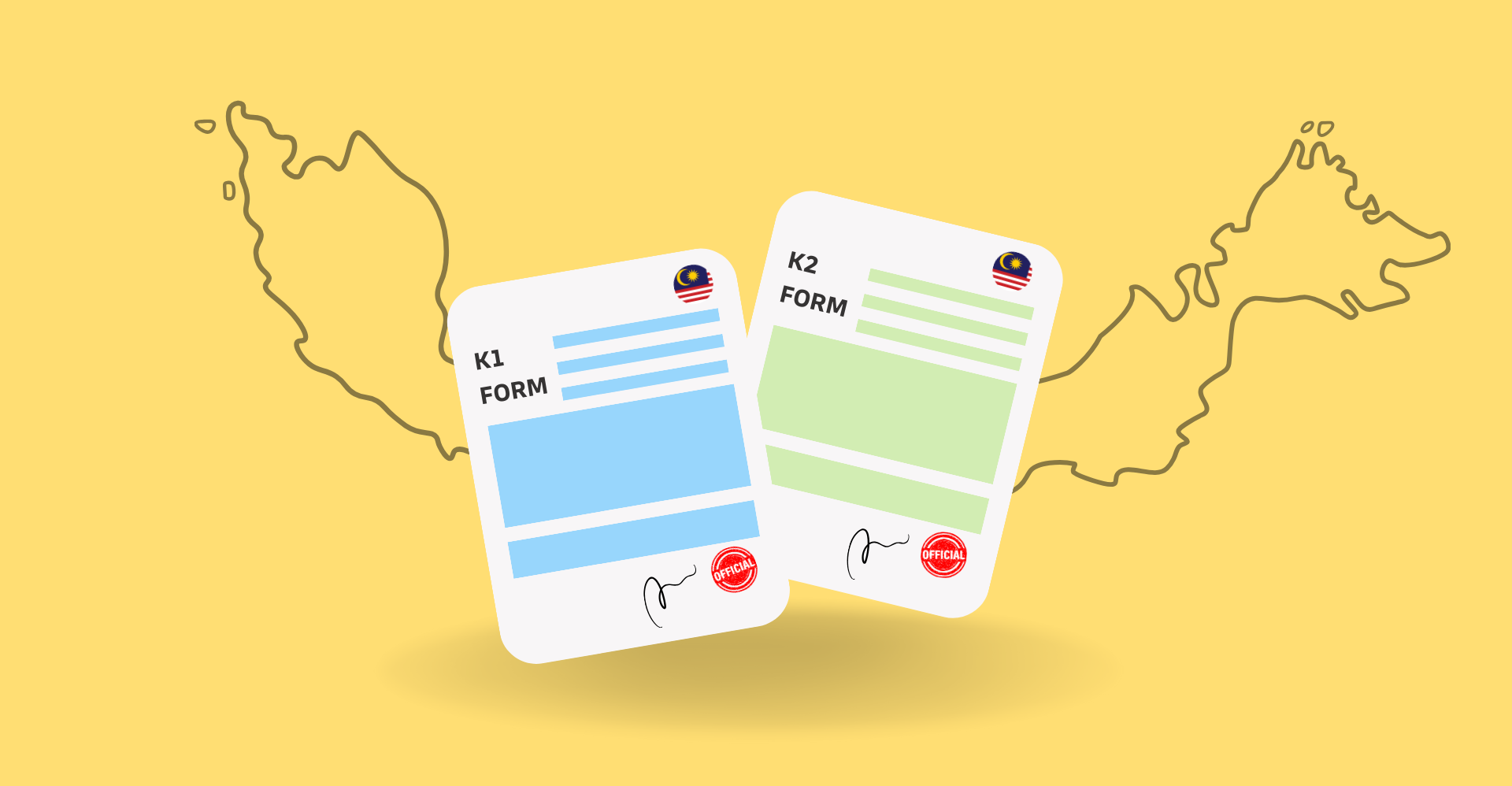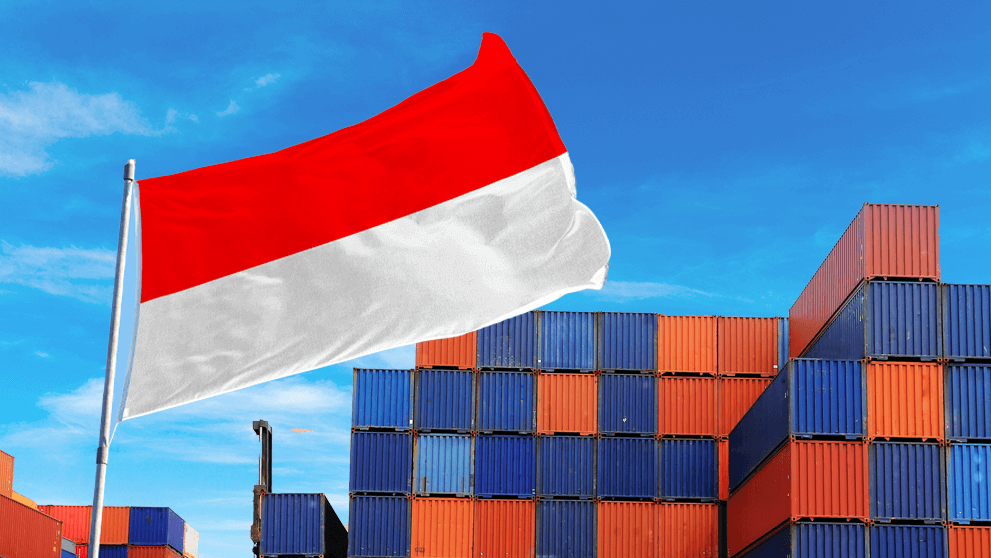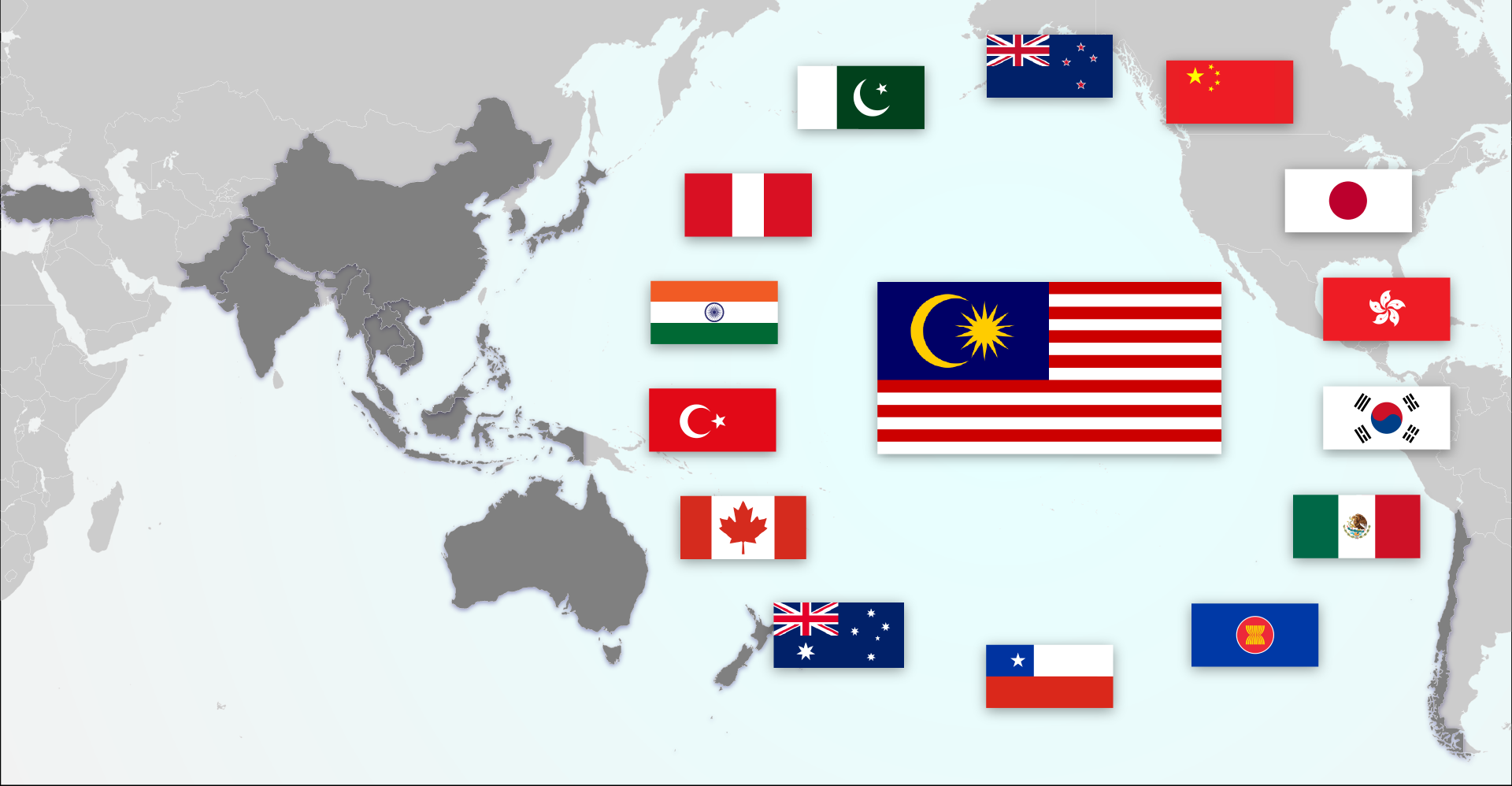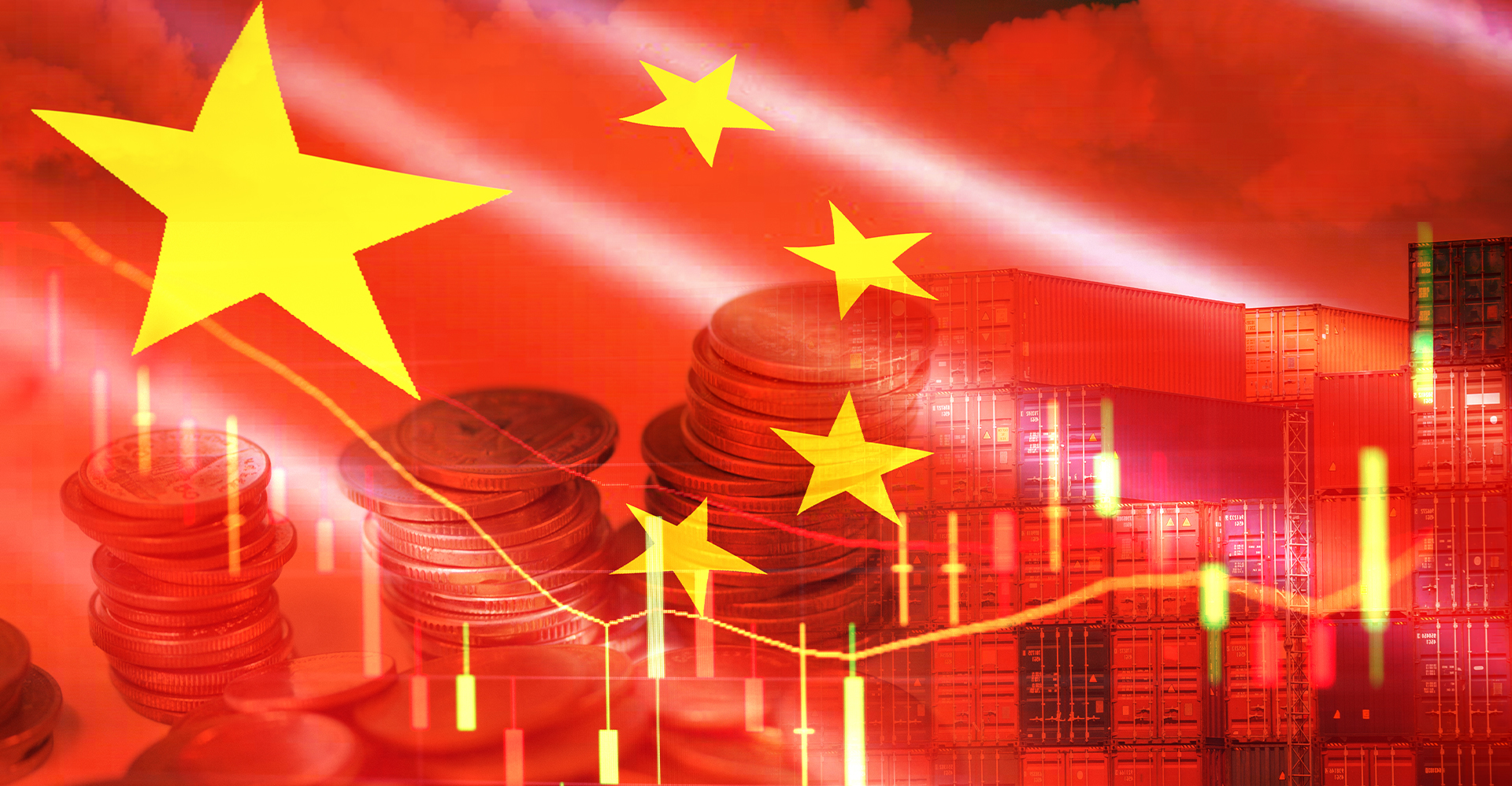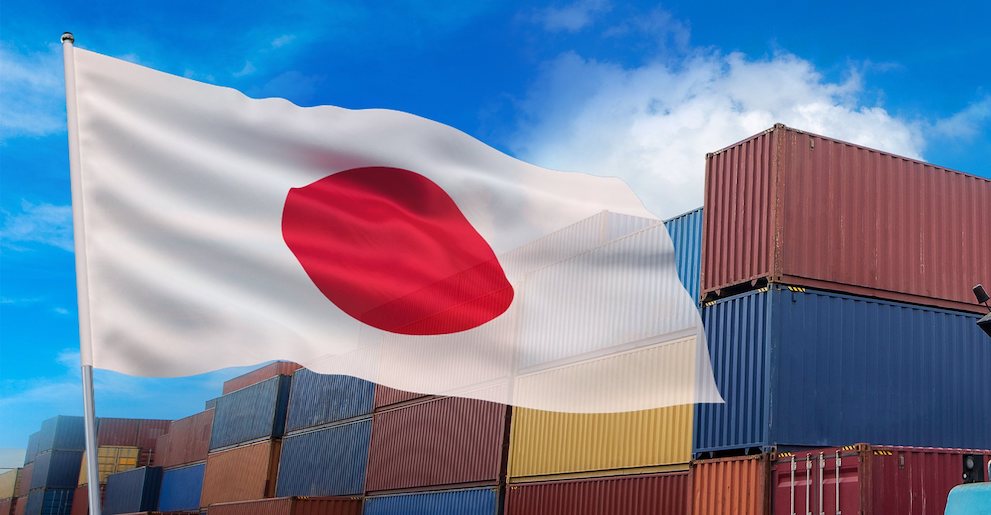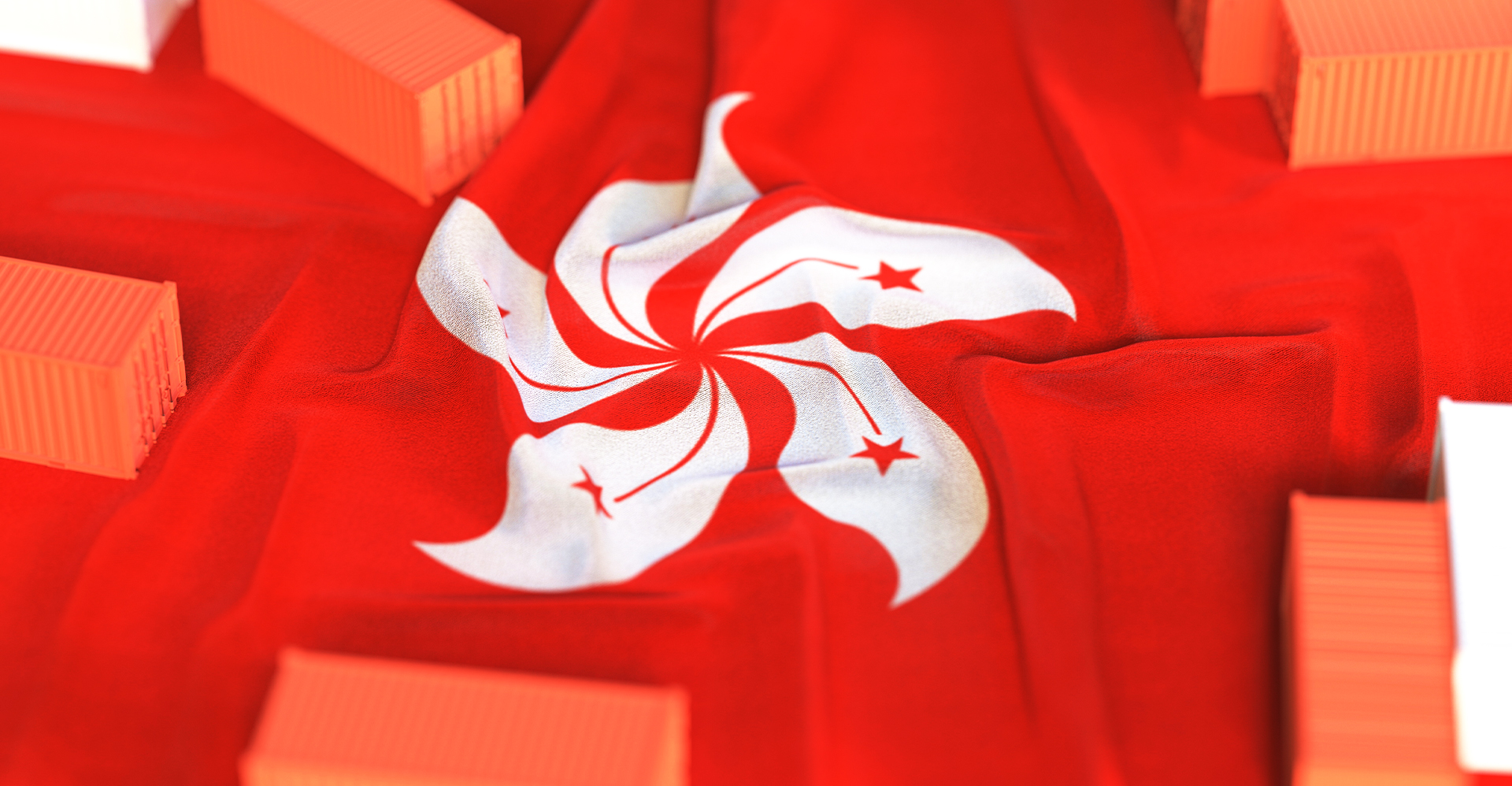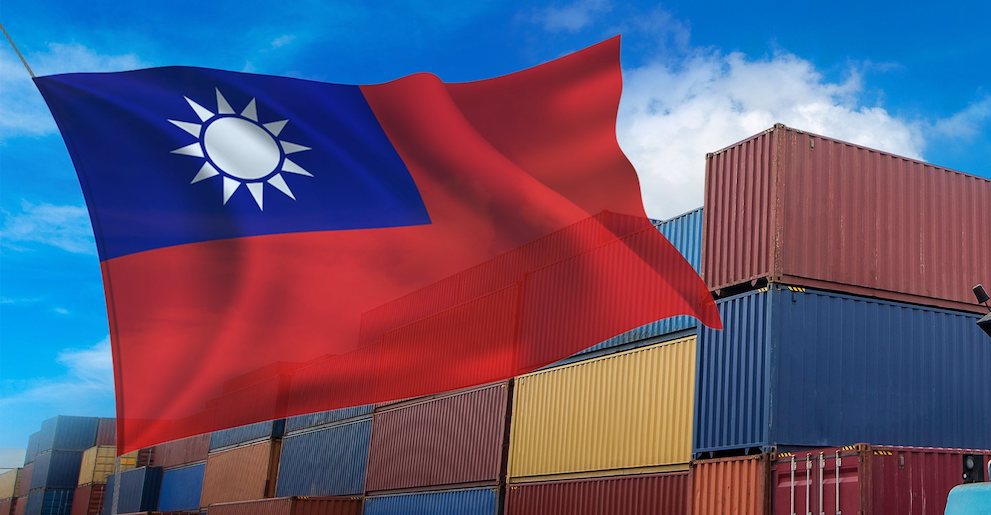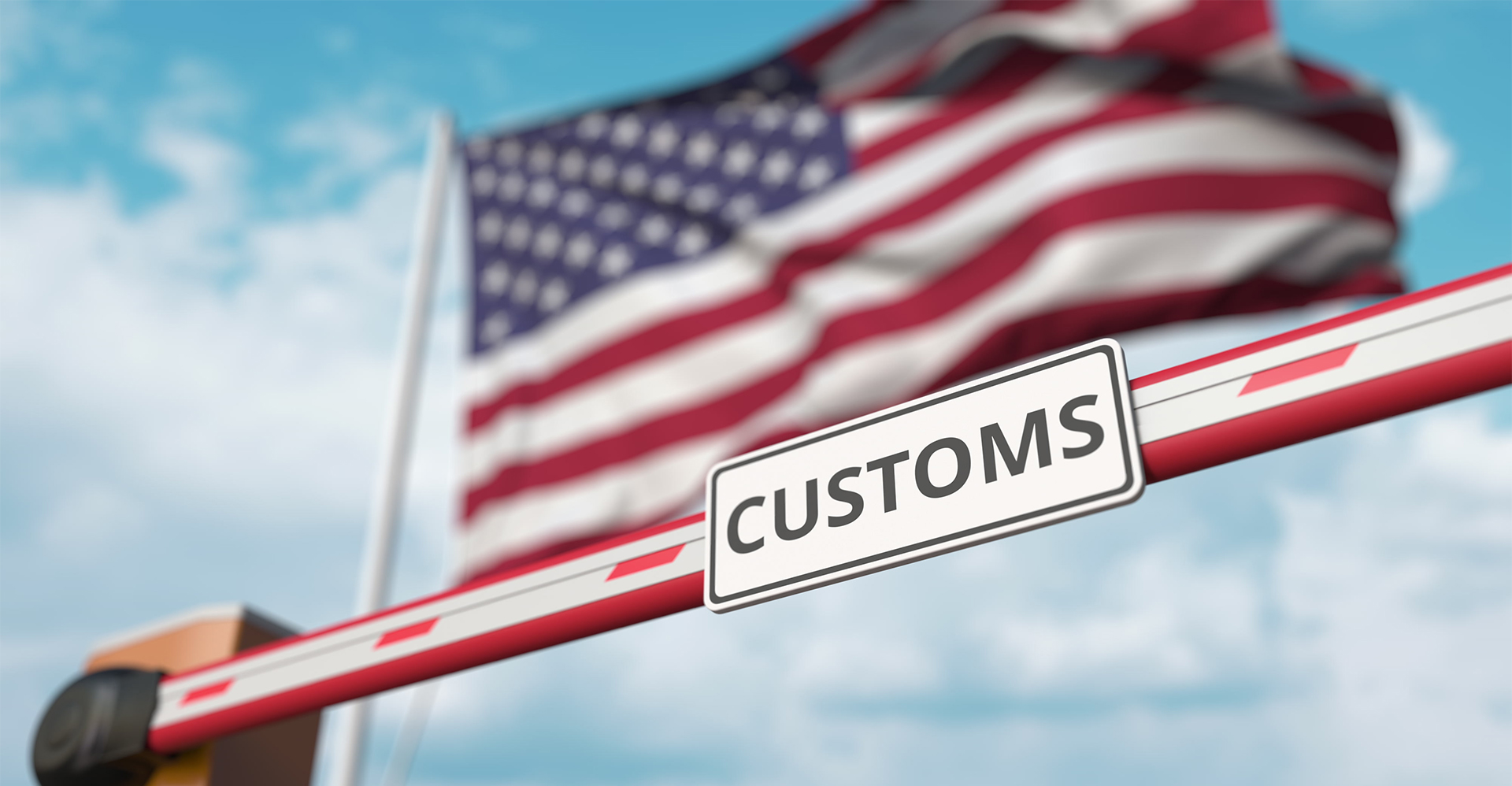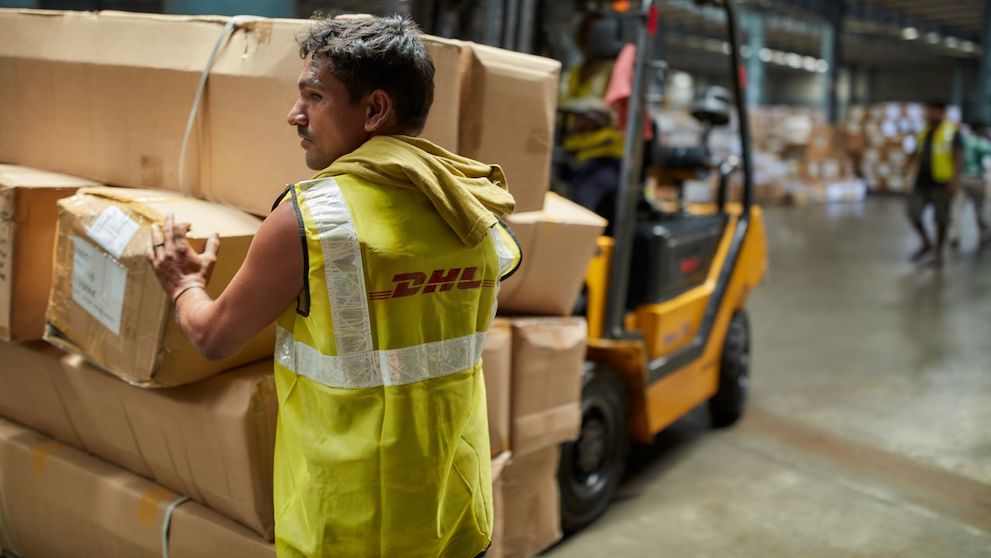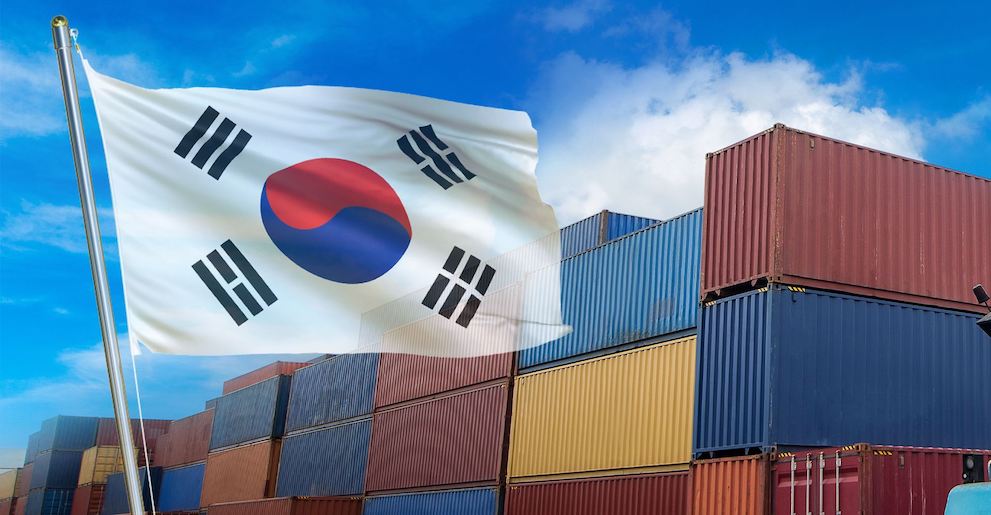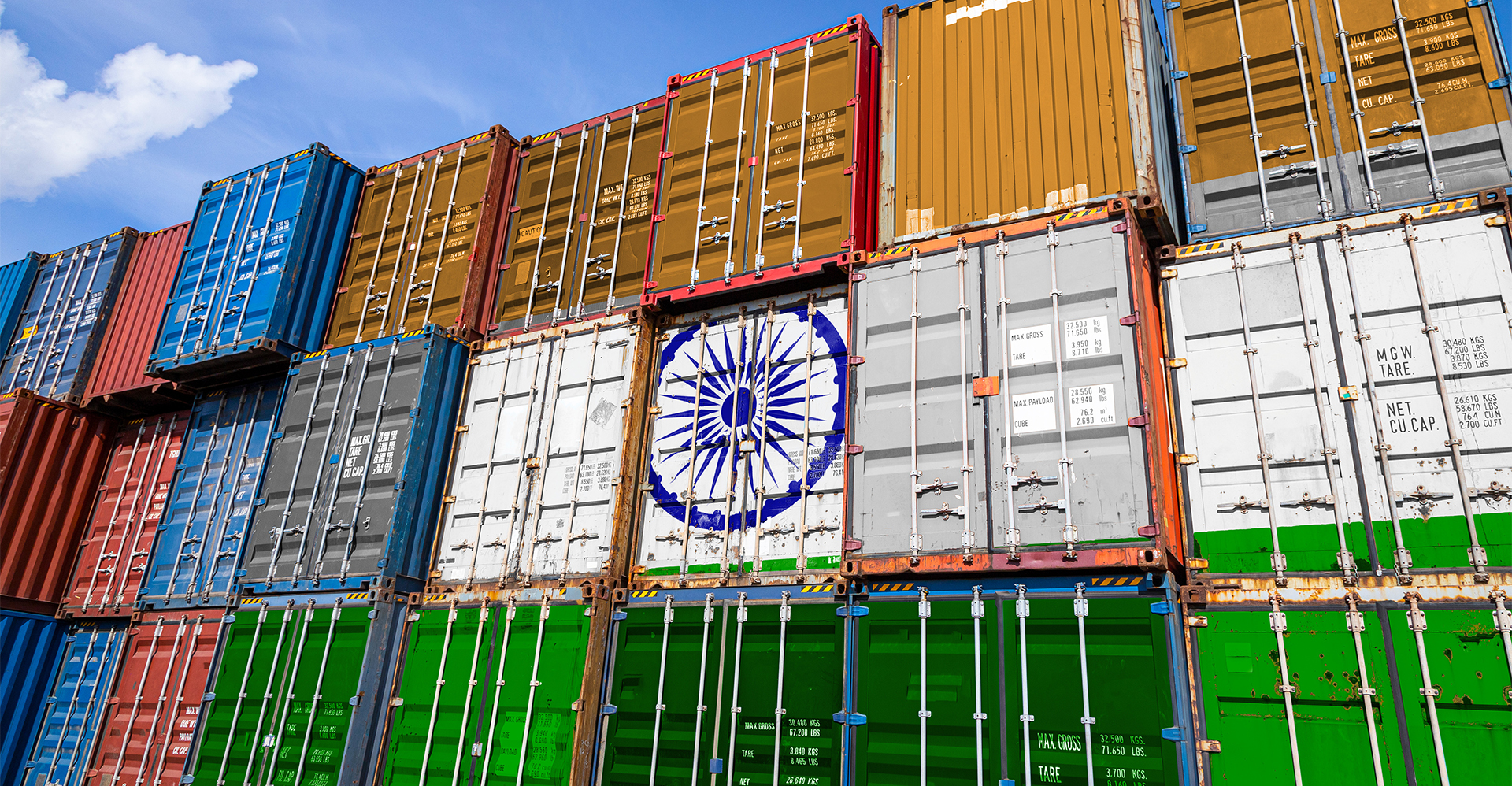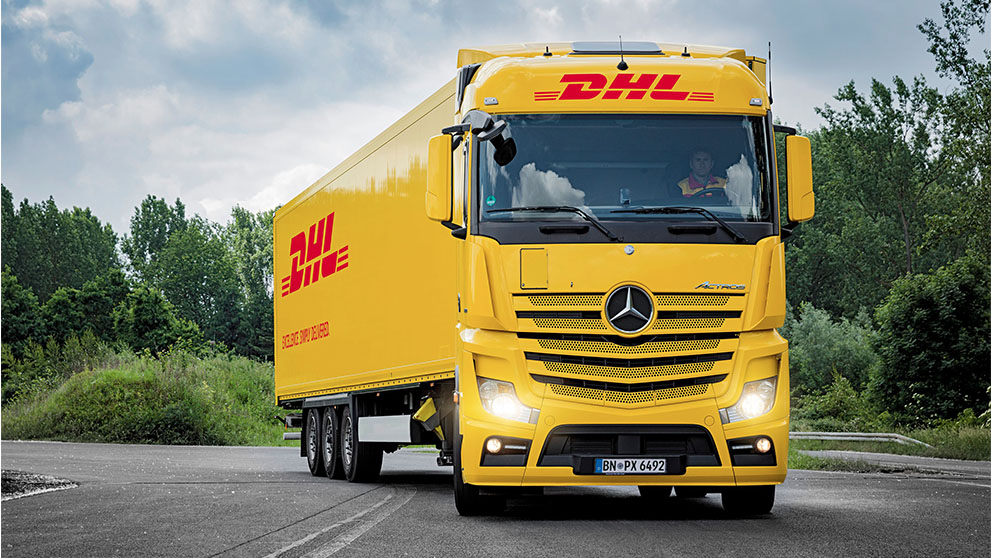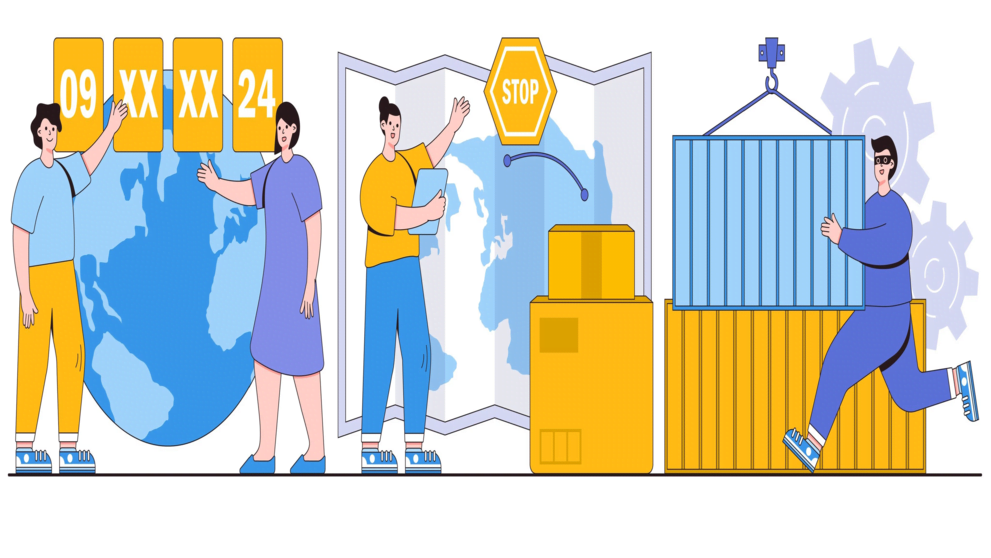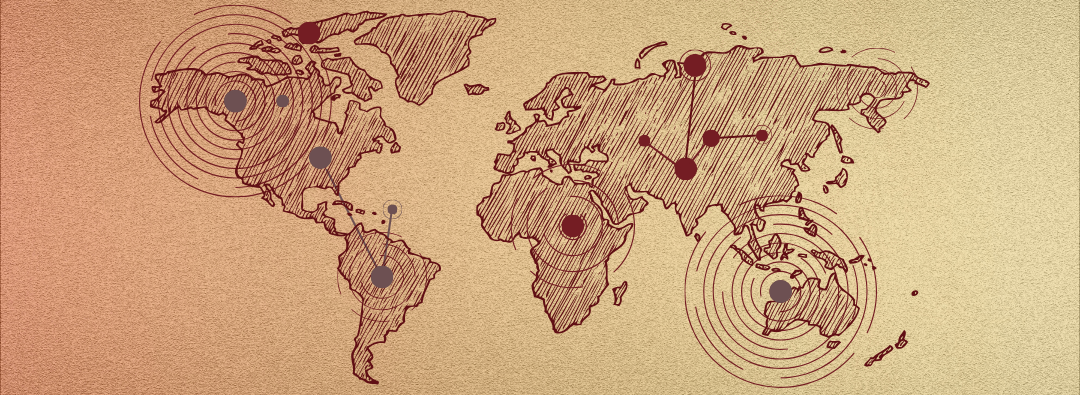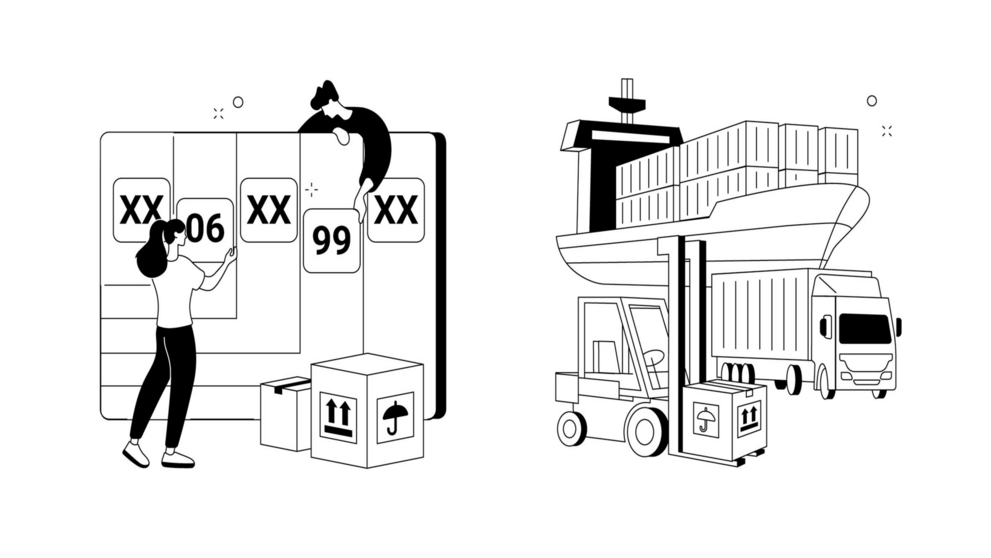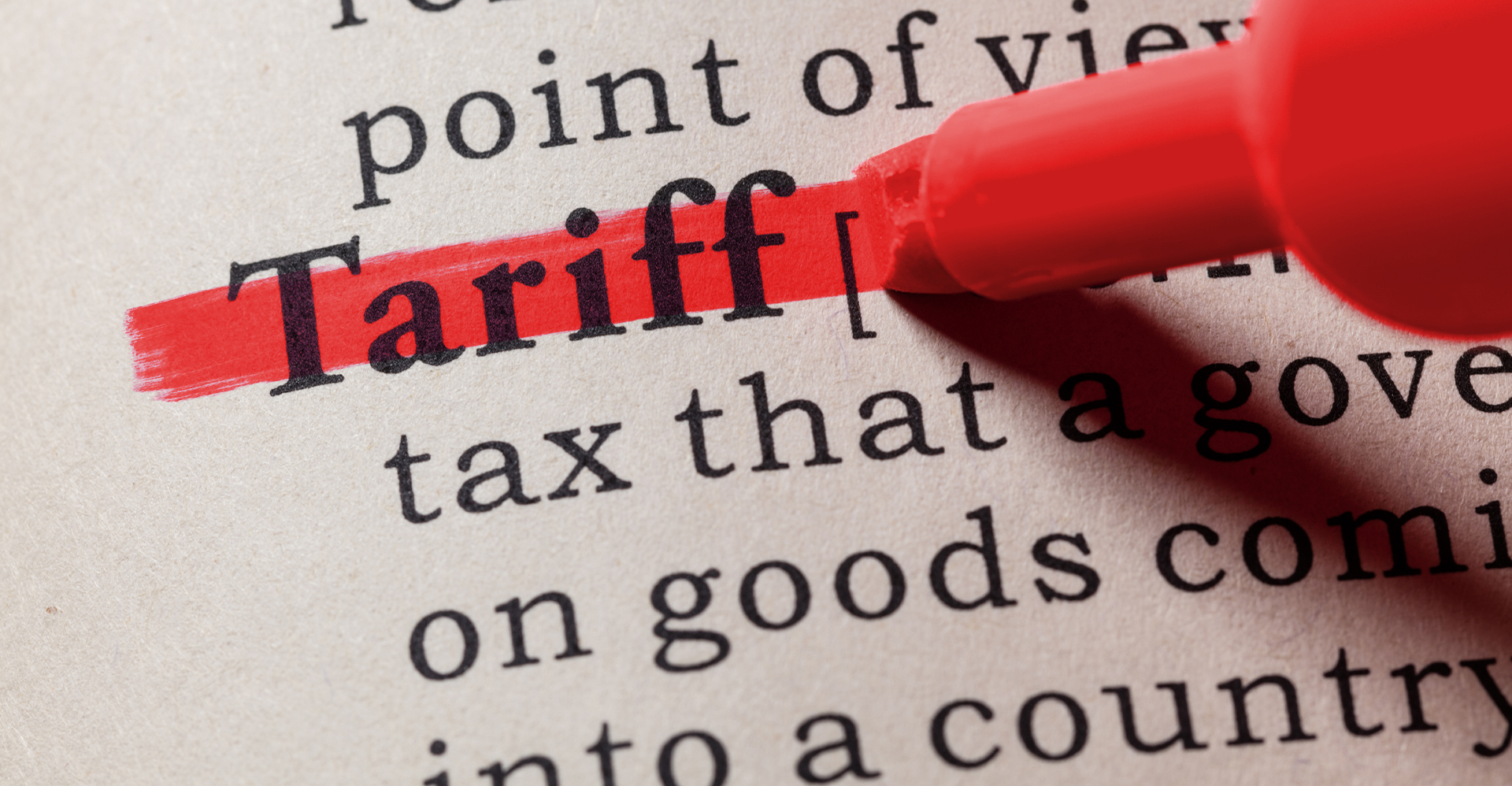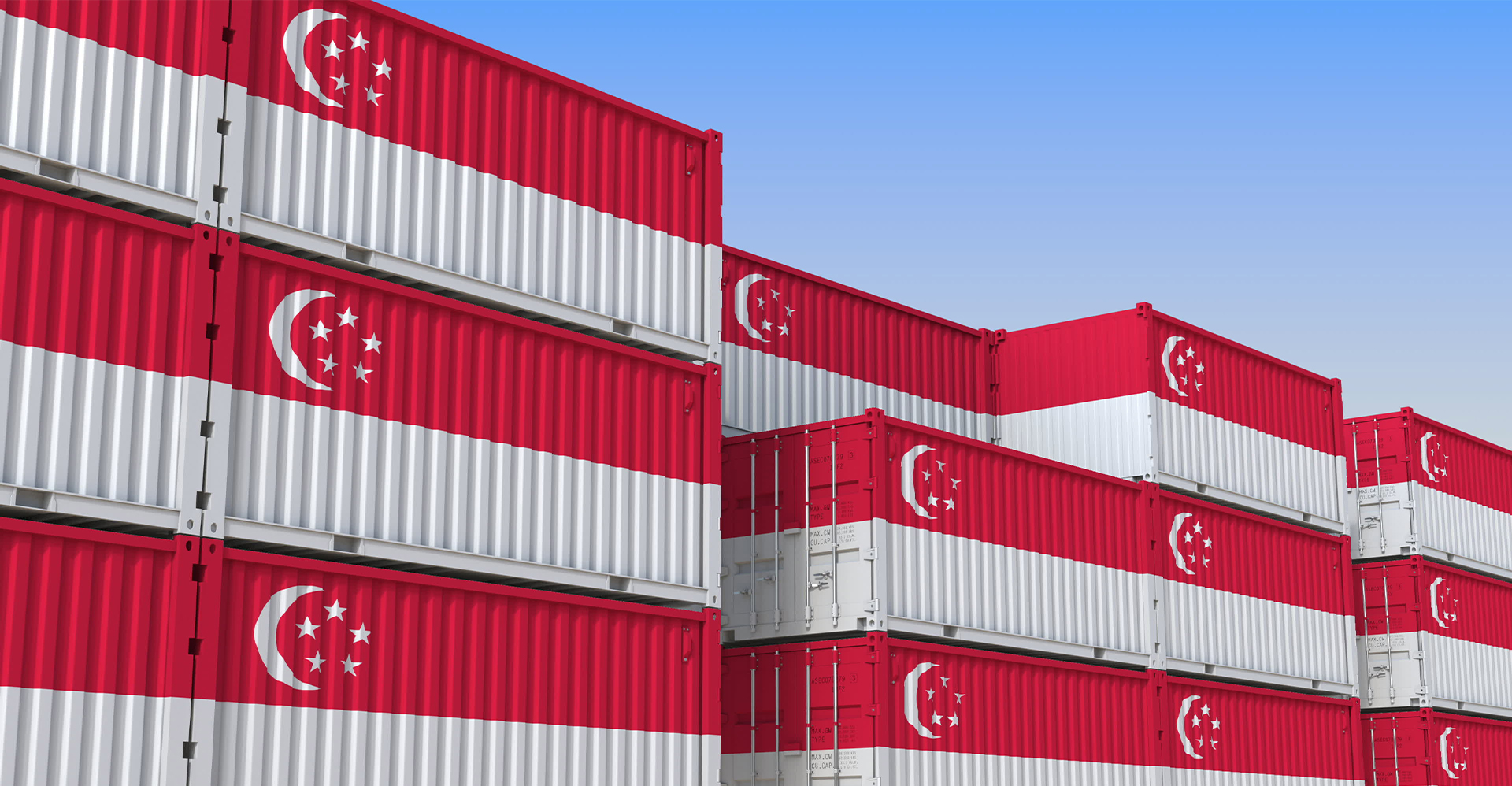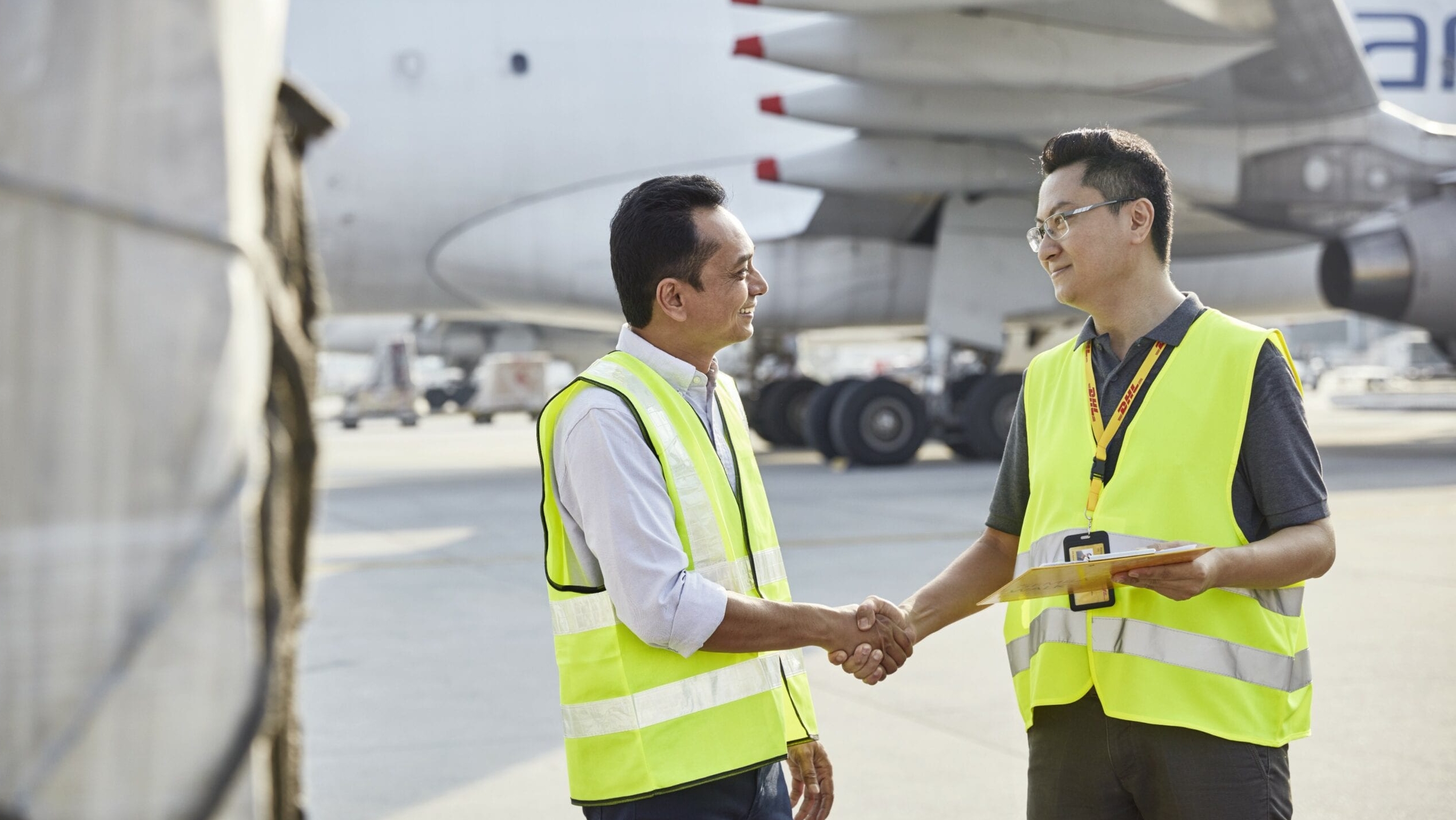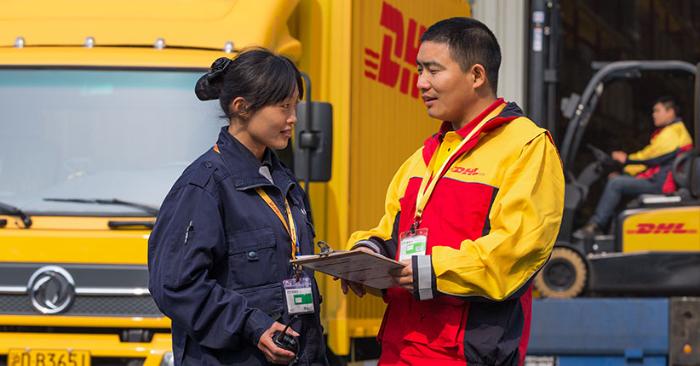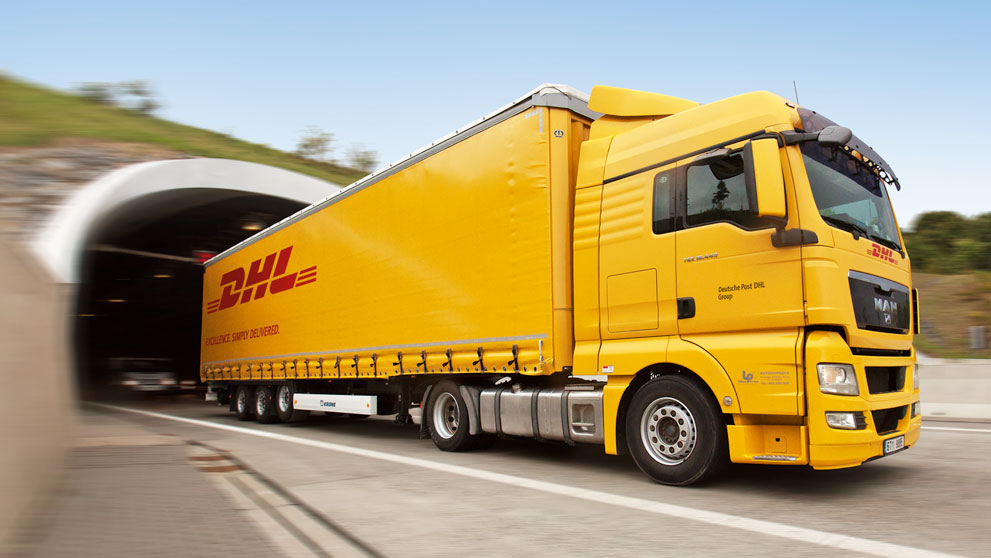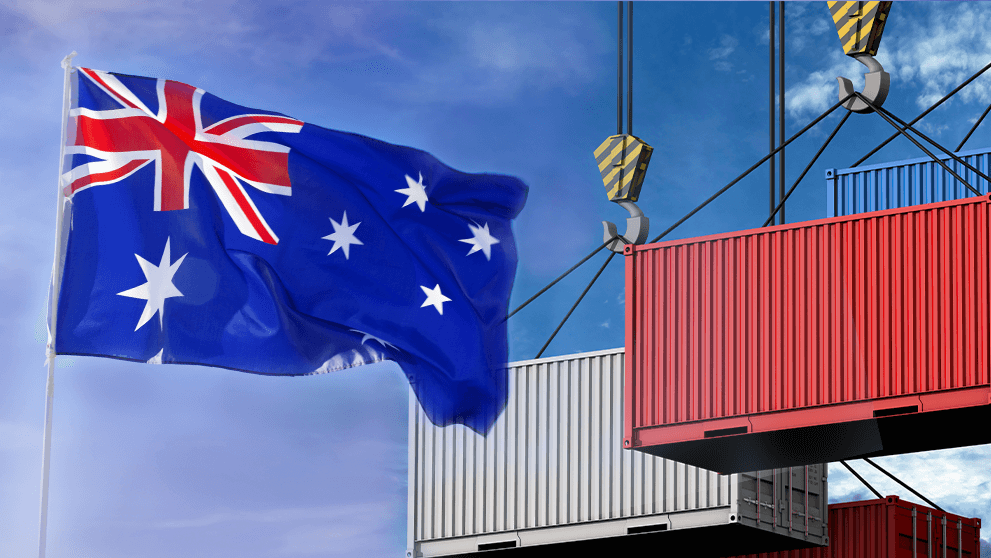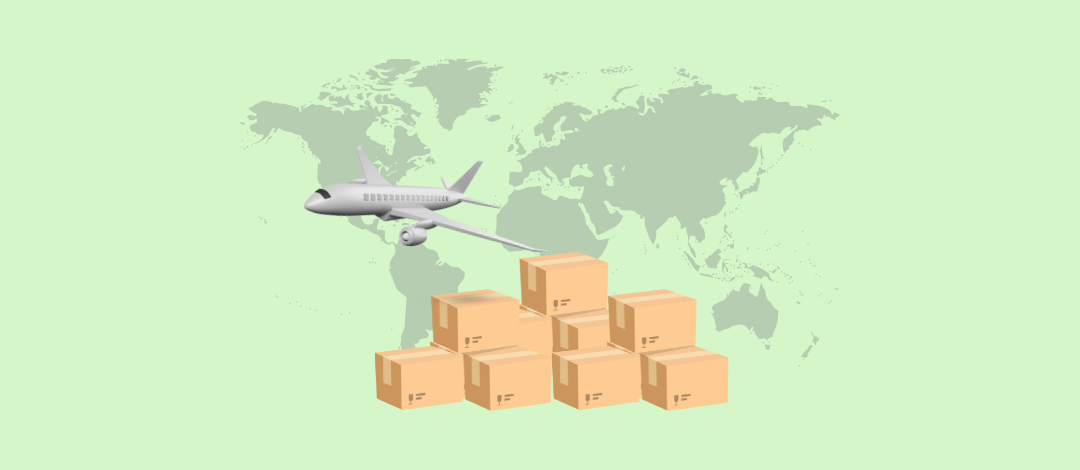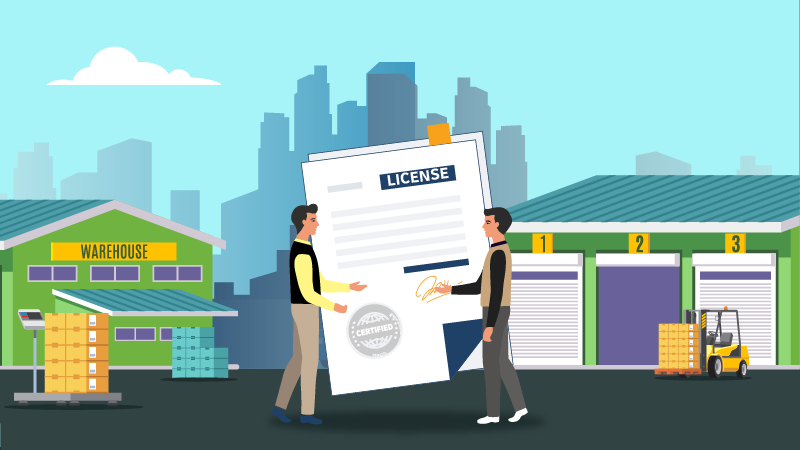Vietnam is one of the fastest growing economies in Southeast Asia, with her imports valued at over US$330 billion, in accordance to The World Bank. However, to protect her domestic industries and control the flow of goods in the market, Vietnam has imposed import duties on most goods. For businesses that have the intention to export their goods to Vietnam, it is important for them to know how the Vietnamese authorities implement import duty and taxes.
What are Vietnam’s import tax rates?
Vietnam's custom tariff is dependent on the type of product and whether it is regulated by the government. Vietnam's custom tariff comprises two parts: the import duty and the value-added tax (VAT). The import duty is a flat rate that is applied to all imported goods. The VAT, on the other hand, is a percentage-based tax that is applied to certain goods that are regulated by the government.
Generally, using an article from Vietnam Briefing, luxury goods such as cars and perfumes are subject to higher tariffs, while machinery and non-domestic consumer goods are pegged to lower import tariffs. When clearing customs, you will be expected to pay import taxes; failure to do so may result in goods clearance delays.
Vietnam’s customs import duty rates include:
Preferential tariff rates: This is applicable for goods from countries that enjoy the Most-Favoured-Nation (MFN) treatment in their trade relations with Vietnam.
Special preferential tariff rates: This is for goods imported from countries that have a Free Trade Agreement (FTA) with Vietnam. Currently, ASEAN nations enjoy a common preferential tariff (CEPT).
Ordinary tariff rates: This is for products that do not qualify for Vietnam’s MFN import duty treatment.
Types of Vietnam Import Tariff
In addition to the above, Vietnam imposes three other types of taxes on imported goods.
Value-Added Tax (VAT): The importer of the goods has to pay additional taxes for the added value in the supply chain. Vietnam’s VAT rates for imported goods can be 0%, 5%, or 10%. Certain goods, such as daily necessities that cannot be produced in Vietnam, are exempt from VAT.
Special Consumption Tax (SCT): Consumer goods that are considered luxury items are subject to SCT. Products subjected to SCT are also subjected to VAT.
Environmental Protection Tax (EPT): According to Vietnam Law & Legal Forum, goods that might have a harmful effect on the environment are subject to EPT. It is a great way to prevent countries from ignoring the environmental impacts the products might cause when providing goods and services. As per the Vietnam Pocket Tax Book 2021, EPT rates vary for each commodity from VND500/kg for restricted chemicals to VND50,000/kg for plastic bags.
Vietnam’s import duty rates are calculated by multiplying the value of the imported goods by the applicable tax rate:
Import tax = tax rate x (value of imported goods + VAT (if any) + SCT (if any) + EPT (if any)).
You can determine the import tax rate for goods using the Harmonised system (HS) Code. The codes from HS also indicate whether the goods are subject to VAT, SCT, or EPT. You can also determine your shipment’s duties and taxes with the DHL duty calculator.
Vietnam Customs Threshold
If your shipment value is lower than Vietnam’s de minimis value of VND1 million, you won’t be charged duties and taxes. This is because the de minimis value is the minimum value at which duties and taxes are levied on imports. However, if your shipment value is higher than the de minimis value, you will be required to pay duties and taxes on your shipment. The amount of duties and taxes you’ll be required to pay will depend on the value of your shipment and the type of goods you are importing.
How and where to pay for Vietnam's Customs Tariffs?
Import duties and taxes in Vietnam must be paid before customs clearance. Foreign companies importing into Vietnam can register, declare, and pay taxes through the web portal set up by the General Department of Taxation (GDT).
